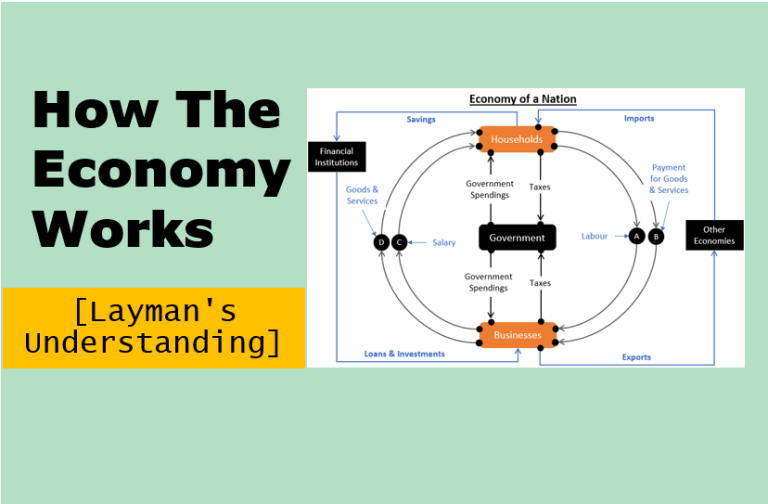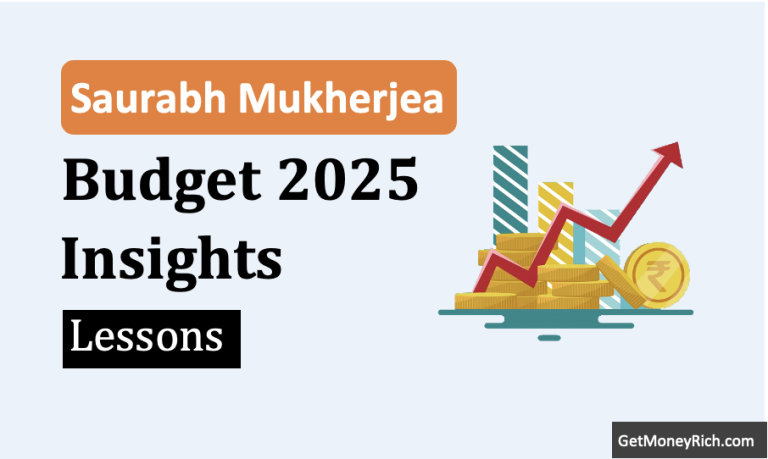Today, we mourn the loss of one of India’s most revered economists and a misunderstood Prime Minister, Mr. Manmohan Singh. Through this blog post, I want to share with you a few wisdom for our investment journey that I think we can extract from the life of this one of its kind person. I think if I were as talented as him, my ego might have been as towering as the Himalayas.” To me, his life, marked by quiet resilience and profound impact, offers us lessons that resonate with every young Indian stepping into the world of finance.
1. The Art of Patience in Investing
Dr. Singh was the architect of gradual change.
He was a man who believed in the slow but sure transformation of our economy.
For us investor, this is a lesson in patience. Investing isn’t a sprint; it’s a marathon. Remember, the power of compounding isn’t just a financial term; it’s a life philosophy.
Invest early, stay invested, and watch your wealth grow like a banyan tree, spreading its roots deep into the future.
2. The Balance of Aggression and Caution
Here’s where it gets real. Manmohan Singh, despite being the father of India’s liberalization, was personally also known for his conservative investments, like FDs.
This teaches us the art of balance. Don’t put all your eggs in the high-risk basket. Diversify.
Let some of your money sleep peacefully in conservative investments.
They might not make you rich overnight, but they’ll ensure you’re not poor when the market decides to take a nap.
3. Lifelong Learning – The Economist’s Way
Dr. Singh was an economist before he was a PM.
His scholarly approach to policy-making is something we can all emulate in our investment strategies. How?
By reading, learning, & adapting.
The financial world changes faster than the seasons in the hills. Keep updating your knowledge.
Whether it’s understanding the nuances of stock markets or the implications of a new budget, be the investor who knows more than just the basics.
4. Pragmatism Over Dogma
Our former PM was known for his pragmatic approach.
The sensibility with which he dealt with the 1991 economic crisis is par excellence (read about double devaluation of Indian Rupee in 1991).
For us, this means not falling in love with one type of investment.
Markets change, policies shift, and sometimes, what worked yesterday won’t work tomorrow. Investors must always be ready to pivot, whether that means shifting from equities to bonds or exploring international markets.
5. Integrity – The Silent Strength
Perhaps the most under-appreciated lesson from Manmohan Singh’s life is his integrity.
In a world where financial scandals make headlines, his clean track record is an example for ethical investing.
Perhaps no Indian prime minister has been more ridiculed (mainly by the opposition) than him, but even they cannot question his work ethics.
Similarly, our investments should not only aim for profit but also align with our values.
Ethical investing is not just good karma; it’s good business.
Companies with strong governance tend to be more sustainable in the long run. Read about the relevance of ESG investing.
In Conclusion
This blog post is like my homage to Mr. Manmohan Singh, the visionary.
As we bid farewell to this quiet giant, let’s remember him not just for what he did but for how he did it.
Manmohan Singh’s life was a proof to thoughtful, ethical, and strategic action in the face of immense challenges.
I think, as investors, we must take these lessons to heart.
Let’s invest not just for wealth, but for wisdom, integrity, and the long-term growth of our beloved India.
Let this blog be our small homage to a man who taught us to dream big, plan meticulously, and act with unwavering integrity (in his own quite and polite way).
After 2014 general elections defeat, when media questioned his weak leadership, in his own subtle way he said: “I do not believe that I have been a weak Prime Minister. I honestly believe that history will be kinder to me than the contemporary media or for that matter the Opposition in Parliament… Given the political compulsions, I have done the best I could do.”
I’ll only say to this great man, what you have done for Indian as an economist, finance minister, and as a prime minister, generations will remember you for your work. Thank you for your contributions.
If you found this article useful, please share it with fellow investors or leave your thoughts in the comments below!
Have a happy investing.

![How Changes in Oil Supply Affect the World and our Investments [Explained] - Thumbnail](https://ourwealthinsights.com/wp-content/uploads/2025/03/How-Changes-in-Oil-Supply-Affect-the-World-and-our-Investments-Explained-Thumbnail-768x463.png)



